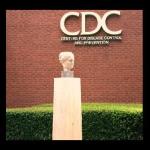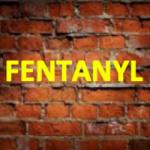As online threats of various sorts, from malicious hacking to holding data hostage, continue to grow and evolve, the enhancement of cybersecurity has become critical – for industry, healthcare providers, regulators, and policymakers.
Policy & Ethics
A recent article by Elizabeth G Dost in Newsweek Magazine is highly in
A quality-adjusted life year (QALY) is used as a generic measure of how disease impacts the quality and quantity of your life. A QALY ranges from 1 (perfect health) to 0 (death).
UNOS has been supervising organ donation and transplantation for four decades; it is the sole group that coordinates organ retrieval, set policies for distribution and prioritization, and run the massive computer system that matches orga
Join host Cameron English as he sits down with Dr. Chuck Dinerstein to break down these stories on Episode 41 of the Science Dispatch podcast:
So important (and likely) a question was this that mathematician and computer scientist Alan Turning devised the Turing test to determine if a machine's ability to exhibit intelligen
“Kill Your Gas Stove. It’s bad for you, and the environment. If you can afford to avoid it, you probably should."
Today the Biden Administration declared that fentanyl laced with xylazine (“tranq”) is an “emerging threat.” In Februar












